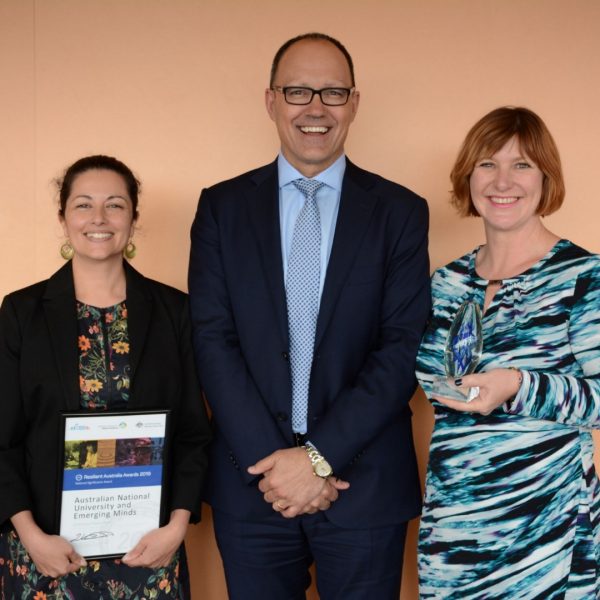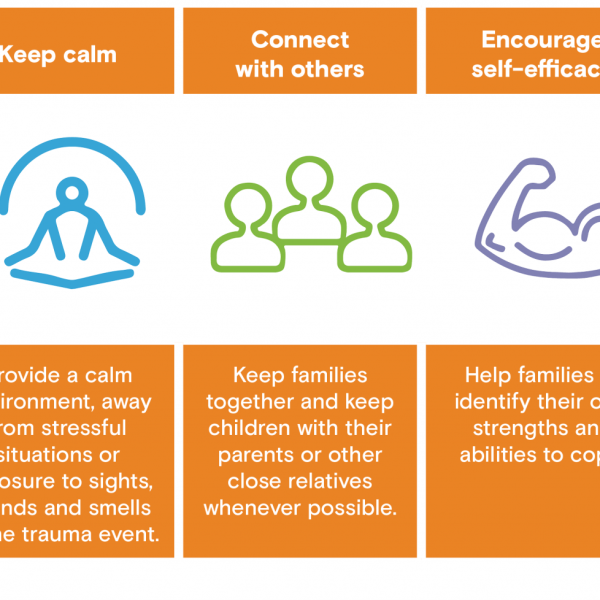Children who experience natural disasters in the womb more prone to poor mental health

Children who are exposed to natural disasters while in the womb have higher rates of developmental psychopathology than their peers, a new longitudinal study has found.
Using data from the Stress in Pregnancy Study (SIP Study) researchers found that children whose mothers were pregnant with them during Superstorm Sandy, the natural disaster that hit metropolitan New York in October 2012, had substantially increased risks for depression, anxiety, and attention deficit/disruptive behavior disorders compared to children who did not experience a natural disaster in utero.
The child’s biological sex also determined specific patterns of elevated risks, with male children more likely to have attention deficit and disruptive behavioral disorders and female children having elevated risks for anxiety disorders, phobia, and depressive disorders.
Published in the Journal of Child Psychology and Psychiatry, the findings analyse the experience of 163 preschool-aged children from diverse racial and economic backgrounds, 40.5 per cent of whom were exposed to Superstorm Sandy in utero and 59.5 per cent of whom were not.
The team conducted structured clinical interviews with the children’s parents and reviewed available diagnostic health data on the participating children, whose median age at the initial clinical interview was 3.19 years.
“We’ve known for some time that maternal stress during pregnancy plays a key role in the mental health development of the child,” principal investigator Professor Yoko Nomura from the CUNY Graduate Center and Queens College explained.
“Understanding these connections and distinctions grows more necessary every day with the increased frequency of natural disasters driven by climate change.”
The findings build on previous research efforts by the team, and could help to clarify the link between exposure to the effects of a natural disaster in the womb and the early risks of developmental psychopathology.
Taken together, the SIP Study findings should serve as an important resiliency-strategy resource that informs healthcare professionals, policymakers, and educational institutions on the need for infrastructure that supports pregnant women and families exposed to climate-related natural disasters in order to mitigate early mental health risks and promote healthy childhood development.
Popular

Workforce
Policy
Quality
Practice
Provider
Research
ECEC must change now, our children can’t wait for another inquiry
2025-07-02 07:47:14
by Fiona Alston

Events News
Workforce
Marketplace
Practice
Quality
Provider
Research
An exclusive “Fireside Chat” with ECEC Champion Myra Geddes
2025-07-01 11:25:05
by Fiona Alston

Workforce
Practice
Provider
Quality
Research
Supporting successful transitions: Big moves, big feelings
2025-06-26 11:00:30
by Fiona Alston











